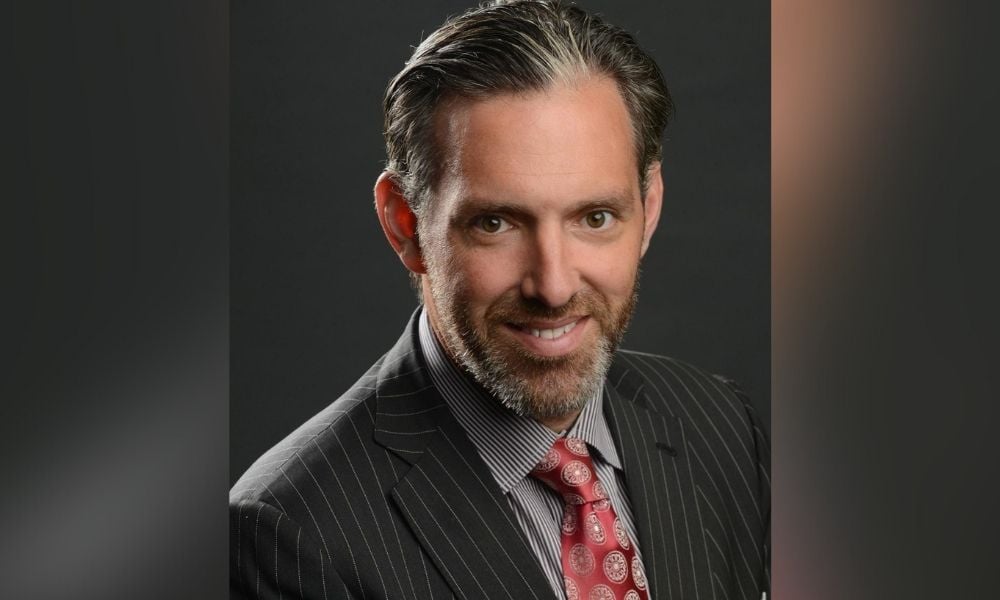Survey finds many young adults believe in their investment strategy, but the majority have longer-term concerns

A new survey indicates that while a minority of young Canadians have given up on the idea of investing and a majority harbour doubts about their financial future, a significant number are still confident in their ability to invest.
In a recent poll conducted by Advisorsavvy in partnership with Bromwich + Smith, a quarter of young Canadians (aged 18 to 34 years old) indicated that they did not see the point of saving or investing in an economic environment like today.
A significant number of those younger survey respondents also expressed more long-term concerns. Six out of 10 wondered whether they’d be able to afford long-term health care, and seven out of 10 were doubtful of their ability to leave their children a financial legacy.
“Some of them have given up on the idea of investing, but they're also concerned about some of the longer-term issues,” said Solomon Amos, founder of Advisorsavvy. “I think that’s great because the more you start to think about those long-term issues, the more likely you are to start investing towards them.”
Almost half of the young adult Canadians in the survey expressed confidence in their investment strategy, and that right now it’s a great time to make investments. Indeed, following the recent carnage in the markets, there could be a few hidden gems to be found by investors steel-willed enough to sift through the wreckage.
“You can think the markets are horrible, and then feel demotivated to actually invest in it because it’s out of your hands,” Amos says. “But on the flip side, you can look at it as an opportunity, because equity valuations are much lower than six months ago during the run-up.”
However, the study also found that among Canadians 18 to 34 years old, only two out of 10 respondents said they have talked to someone at a financial institution about their finances. To Amos, that presents a risk of young investors charging into a sea of opportunity without realizing that they’re swimming naked.
“I’d always like to see the younger cohort take the next step and talk to a professional about it, because the last thing we want is a large younger segment to go into day trading,” he says.
To instil the proper discipline and guidance in young adult Canadians, Amos says, financial professionals should first help them establish clear boundaries between needs and wants, which should help them set a budget and establish a concrete path to saving. If possible, the budget should also allow for some buffer room to account for the effects of rising prices.
One often-forgotten element under the umbrella of needs, he notes, is the idea of paying down debt and maintaining a good credit score.
“If you want to be able to make larger purchases in the future, you need to have an established credit history and a strong credit score,” he says. “And with rates going up, you don’t want to end up in a situation where you can’t even afford to make the minimum payments, so you should work diligently to pay down your debt from the start.”
After delineating wants versus needs, Amos says, professionals can help young Canadians solidify their longer-term financial goals – whether it be homeownership, vacation, or retirement, for example – which should provide a clear target and a source of motivation as they set aside part of their income month after month.
Finally, advisors should be able to help clients craft the optimal strategy to achieve their objectives, whether it’s pre-authorized payments to their savings accounts, automating their investments, waiting overnight before acting on unplanned purchases, re-evaluate their consumption preferences, or other approaches.
“Those three things should help get the conversation started with that cohort, so they feel less anxiety about the future,” Amos says.



